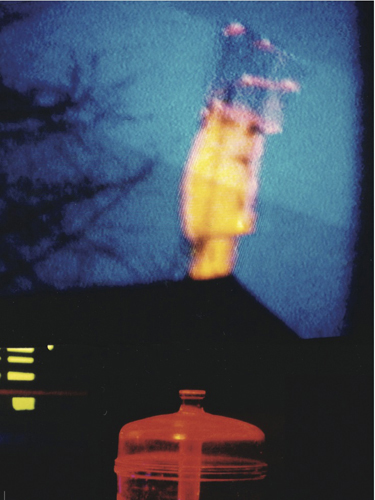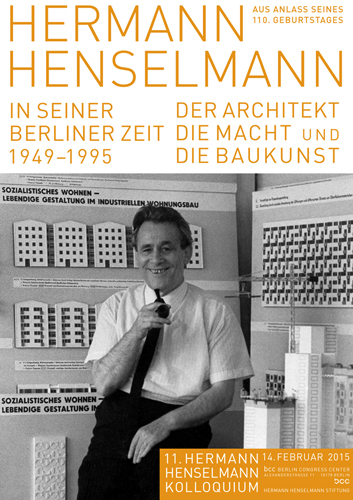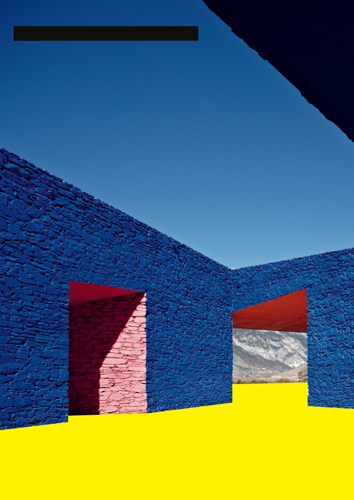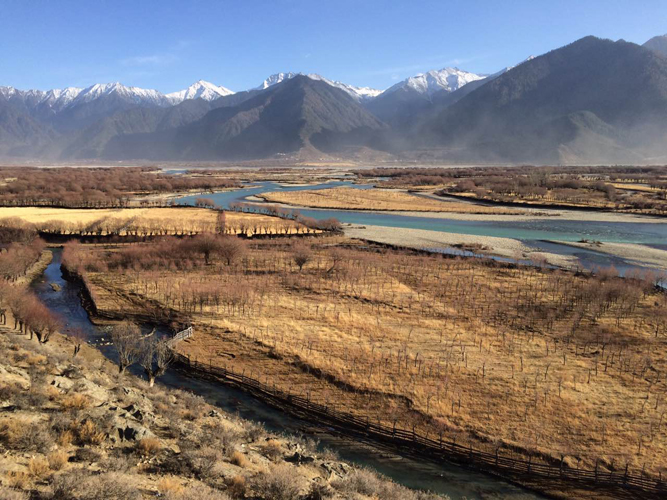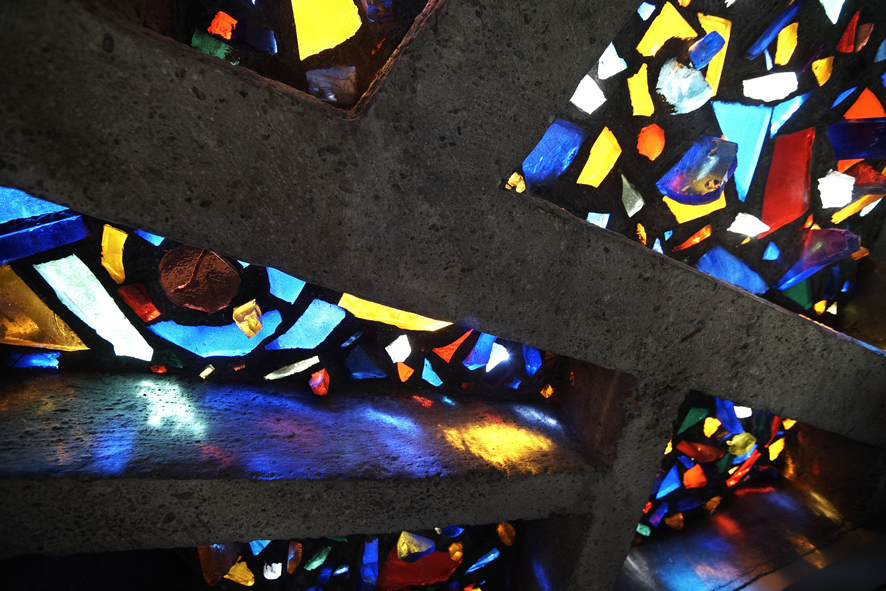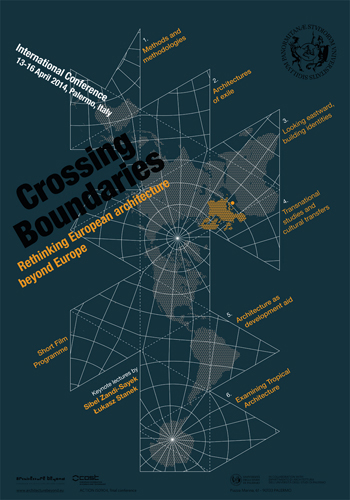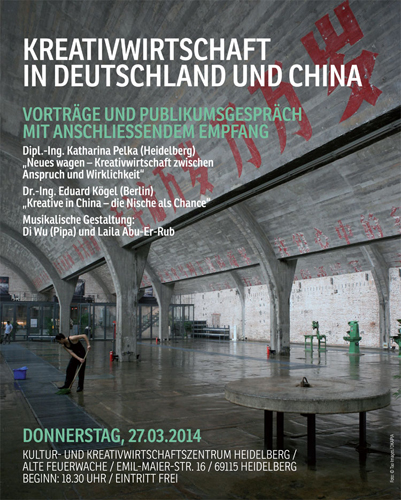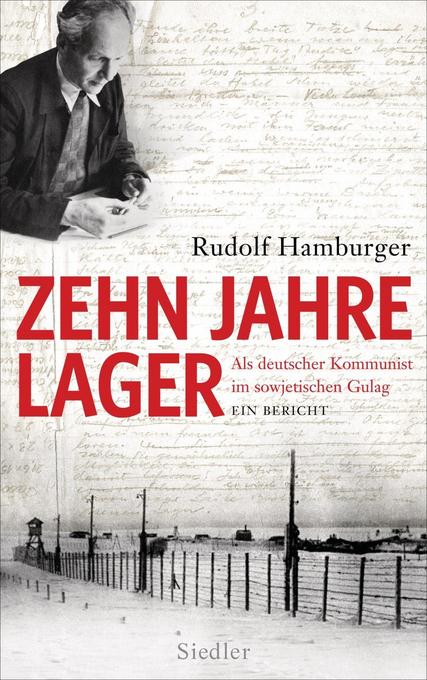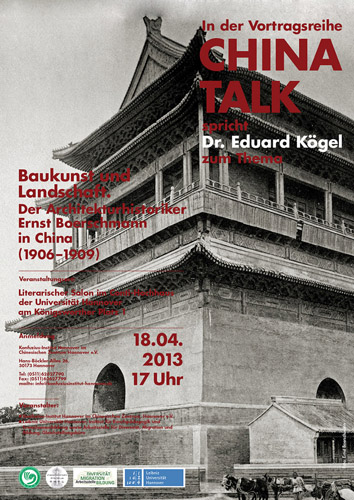30. Januar 2015
In
PUBLIC DEBATE
Mountains / Architecture / Tourism
Between South Tyrolean Alps and Tibetan Himalayas
Friday, 30 January 2015, 4:00 pm
PROGRAMME
Welcome
Hans-Jürgen Commerell, Director, ANCB The Aedes Metropolitan Laboratory, Berlin
Introduction: Eduard Kögel, Urban Planner, Berlin
Lectures
On South Tyrol: Susanne Waiz, Curator, Merano
On Tibet: Zhang Ke, Principal, standardarchitecture, Beijing
On Bhutan: Patrick Gmür, Director, Urban Planning Department, City of Zurich
Followed by a discussion with:
Susanne Waiz, Curator, Merano
Zhang Ke, Principal, standardarchitecture, Beijing
Patrick Gmür, Director, Urban Planning Department, City of Zurich
Ulla Hell, Partner, Plasma Studio, Bolzano
Moderator: Eduard Kögel, Urban Planner, Berlin
PARADISE LOST, PARADISE FOUND. Globalisation and Sustainable Tourism
The question of sustainable tourism includes economic, social, cultural, political, environmental and aesthetic perspectives. This complex issue will be one of the most challenging topics for the near future and it is time to come up with alternatives in
such an important field of economic growth. But developing an enduring solution for sustainable tourism is a challenge that has to be discussed not only in selected circles of experts but with a broad public. The question of sustainability is therefore not only applied to far off destinations in developing countries, but begins right on our doorstep.
This ANCB programme will stimulate a broad discourse about sustainable development in tourism. It will focus on different locations around the world and discuss local solutions with the potential to establish robust infrastructures for both permanent inhabitants and visitors. With a growing tourism industry worldwide, the programme looks at the ethical dimensions of tourism and how to deal with the challenge of sustainability in the age of global warming and the need for economic prospect in tourist destinations. Crucially, it addresses this normally abstract issue through the focus of architecture and urbanism whilst bringing into the debate a wide range of voices from the fields of governance, industry, technology, economy and travel.
The term ‘sustainability‘ is adapted here to different global regions, taking into account the specific needs of the local population and the expectations of domestic and foreign visitors. Yet even with regional specifications, the final goal consistently remains directed towards social justice, economic development, environmental integrity, cultural authenticity, education and the improvement of infrastructure. This programme will use these criteria to generate fresh ideas and approaches and to instigate a rethinking of sustainable tourism in the global age.



